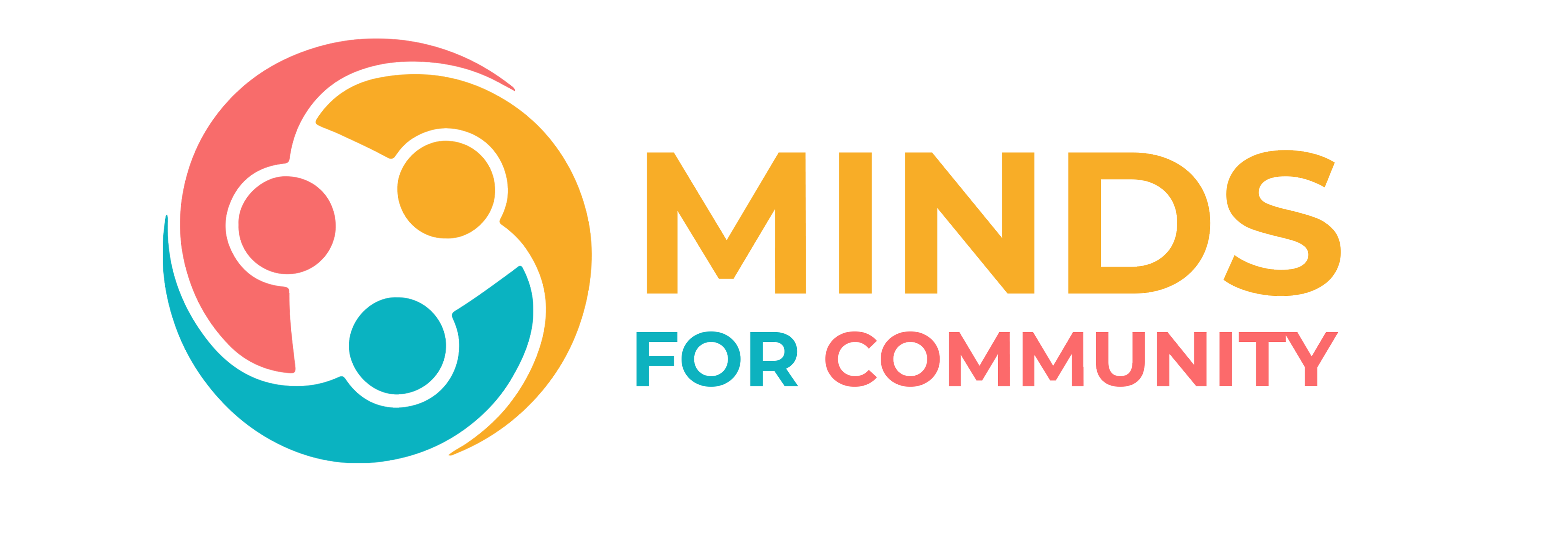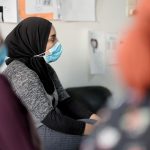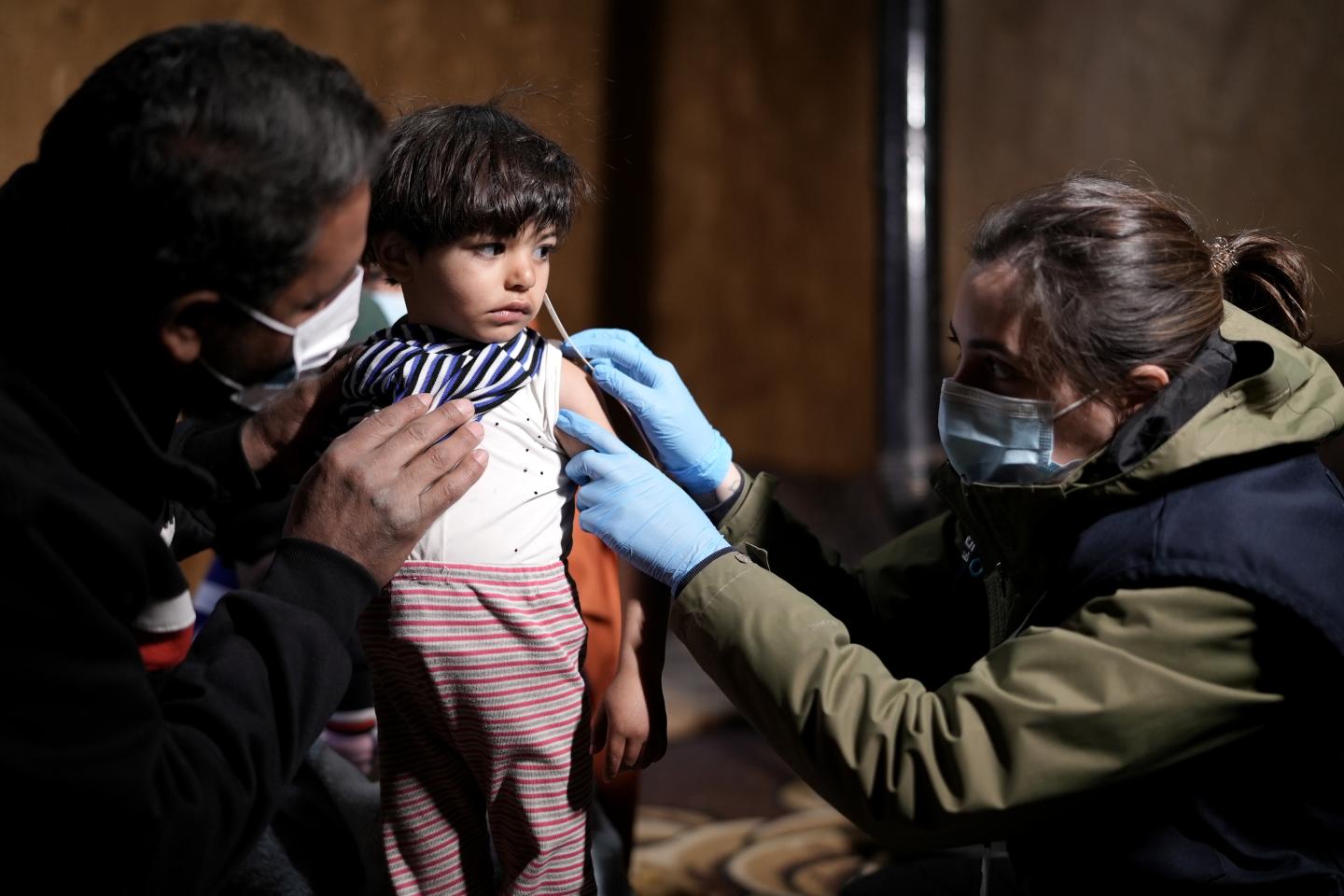The stalemate global economic situation – with all the resulting effects of high prices and an increase in inflation – constituted an additional burden on Lebanon, which is floating on multiple crises, which destroyed its health system and endangered the lives of children. The catastrophic economic collapse in Lebanon, which was accompanied by the spread of the Covid-19 pandemic and the impact of the Beirut port bombings on August 4, 2020, pushed many families to the bottom, and made them struggle hard to adapt, amid a massive increase in poverty rates and exacerbating inflation. In addition to all of that, the global rise in fuel prices, along with Lebanon’s inability to import some raw materials, including wheat, have led to high prices.
The health sector in Lebanon is suffering. It may be a correction in 40 in its correction of doctors – including obstetricians and obstetricians and 15 in the drawing. and women to it.
With the stagnation of the employment process by the country’s health institutions, and the restrictions imposed on the import of medicines and equipment, the possibility of providing even the most basic health care requirements became increasingly impossible – 58 percent of hospitals reported a shortage of medicines, and 39 percent of those hospitals reported a shortage of Dangerous medical consumables. In light of this scene, many families are unable to bear the costs of transporting their children to a health center, and visiting a private care sector, which was widely used before the crisis, and access to such care has become completely unattainable for many families.
Almost three years after the economic crisis, the situation of children in Lebanon is likely to continue to deteriorate. Between April and October 2021, the number of children in Lebanon who were unable to access the health care they urgently needed increased from 28 percent to 34 percent, according to a UNICEF rapid survey. Another study showed that more than 50 percent of families were unable to obtain the medicines they needed.
With about 80 percent of the population in Lebanon living in poverty, periodic increases in fuel prices are likely to push people to make more painful decisions, including significantly reducing health expenditures.
Source: UNICEF







